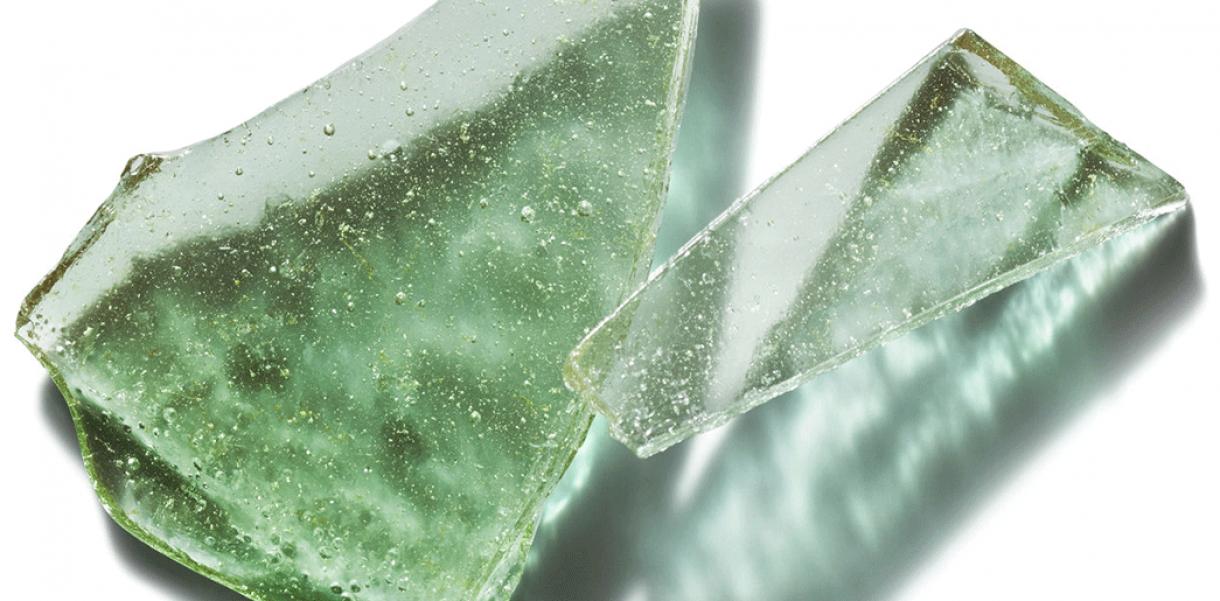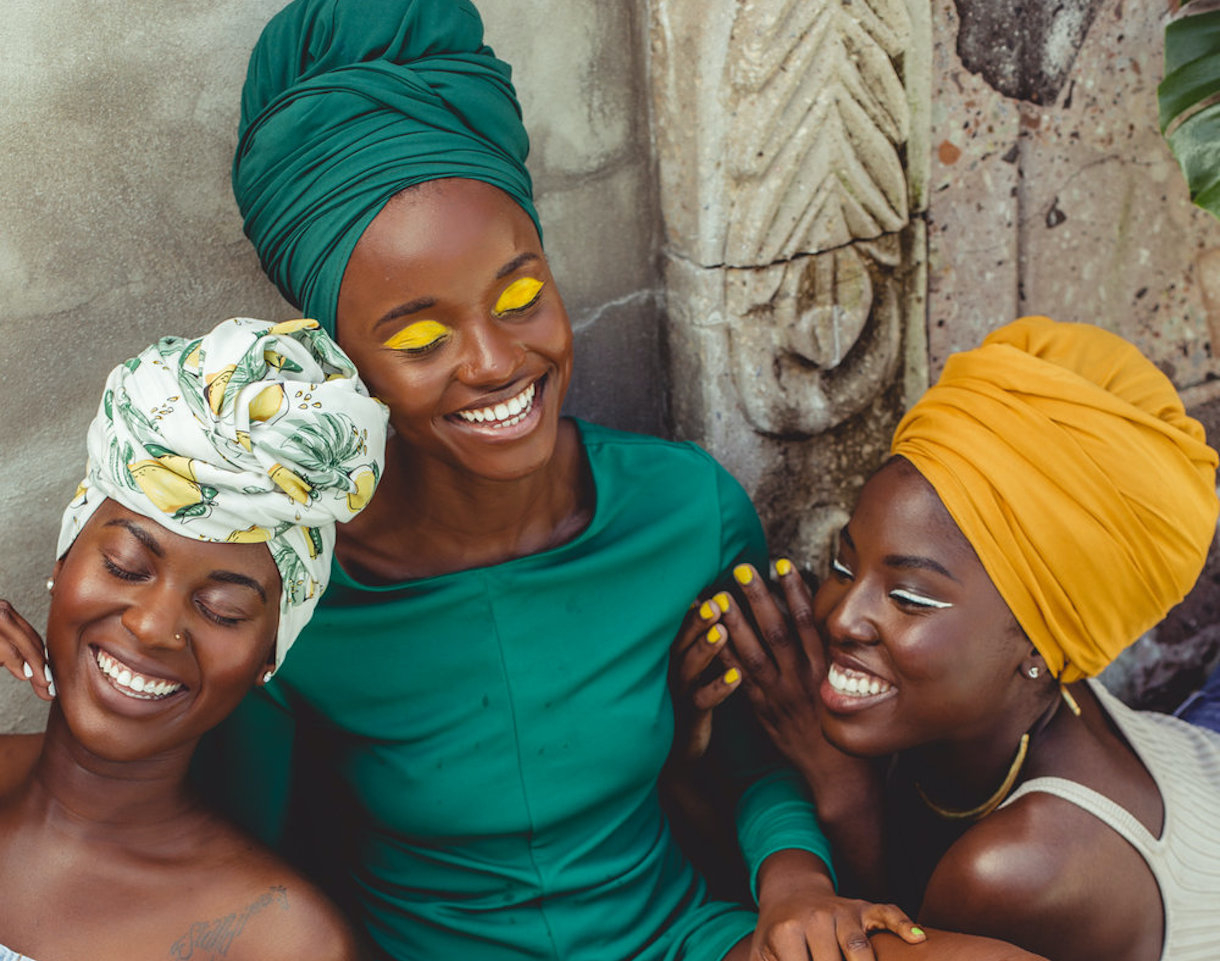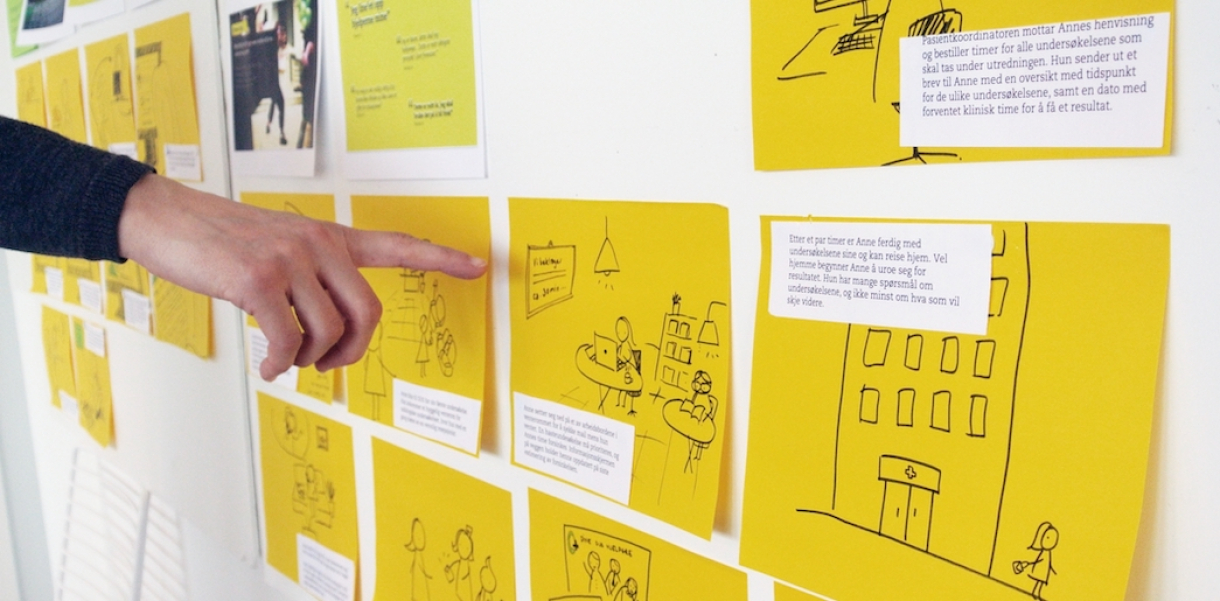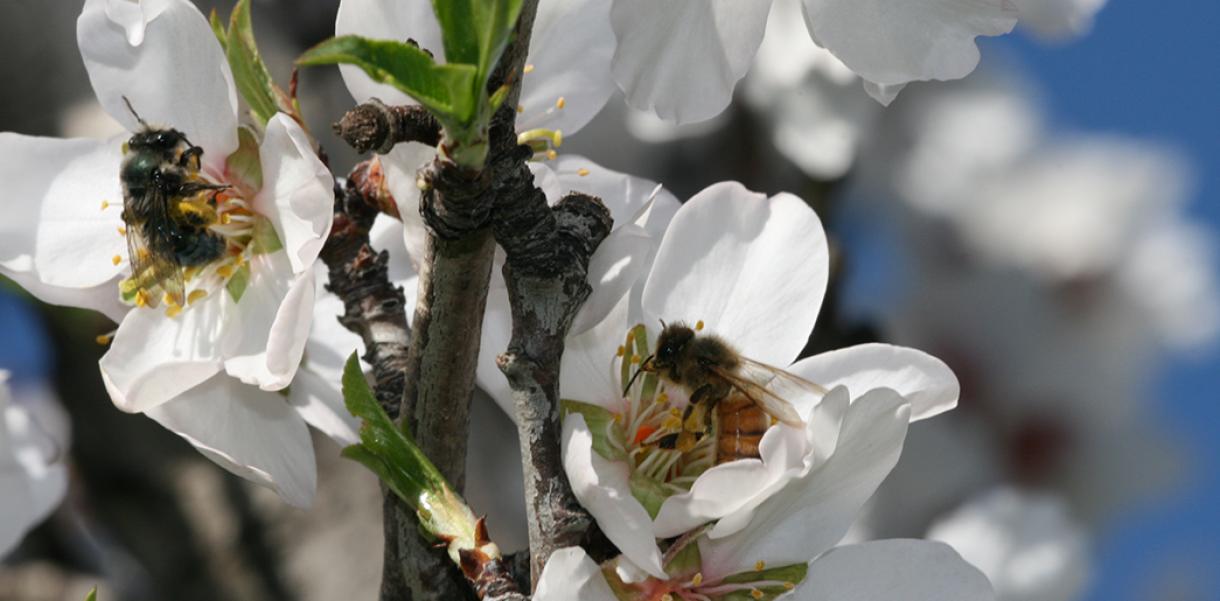Currently valued at €487 billion, the beauty industry is booming. Consumers are buying make-up, skincare and self-care products in volumes but, not at any cost. The days of too-good-to-be-true claims are over and there’s a big demand for green options. These days, tech and beauty are intertwining to create custom foundation colours and skin-analysing mirrors. But there are also simple solutions out there to beautify without polluting.
One of the big issues in beauty is the disposal of empty containers. For example, single-use plastic packaging accounted for 54% of the world’s plastic waste in 2015. by Humankind’s personal care products are trying to lower this number by selling refillable deodorants, shampoos and mouthwash. This means the first container consumers receive will also be their last. by Humankind claims it can lower each person’s single-use plastic waste by up to 90%.
Plastic waste also comes in the shape of mascara containers. Nearly one billion mascaras are sold worldwide every year and, needless to say, most of these end up in the landfill. The Infinity Mascara container by industrial designer Pippa Bridges replaces the disposable mascara tubes and brushes with something much more sustainable. With the brush lasting up to 10 years and the refill component only needing replacement every three to six months, this reduces both environmental and financial waste.
Another big trend is creating vegan beauty products. Collume by biodesign company Geltor is the world’s first plant-based collagen. It’s made through a sustainable fermentation process that converts renewable plant-based input into a pure protein product. It has been proven in clinical studies to perform better than traditional marine collagen and even won the 2018 CEW Beauty Award for Innovation of the Year.
Of course, beauty is not only about what’s it put in or what’s it made of but, also how it makes us feel. The goal of New York-based company Fanm Djanm is to make headwraps and headbands that celebrate cultural heritage and encourage women to be bold. The wraps are handmade in Harlem and based on a zero-waste policy, as they reuse and recycle fabric. When they're able, they also purchase fabrics from African countries to support local entrepreneurs.
-
Banner image: Geltor






